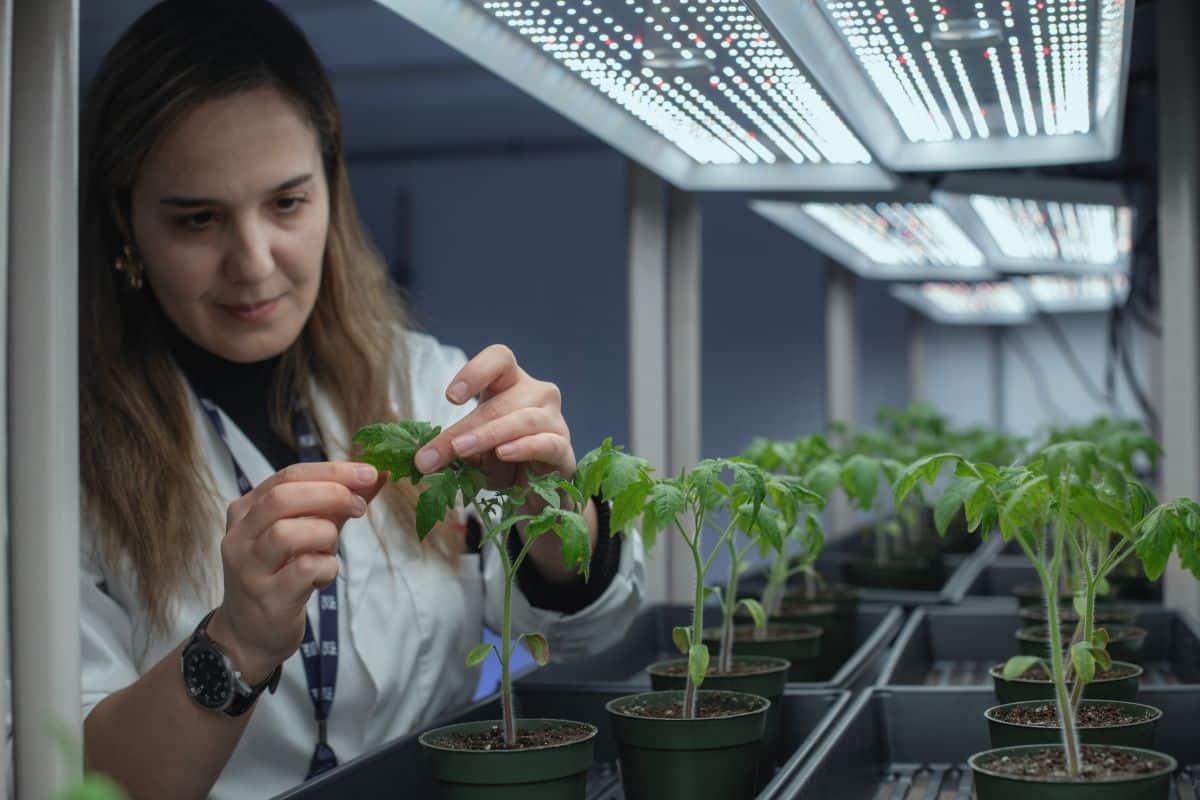- Academic Life
Academic community rallies to tackle this global challenge

As the 30th United Nations Climate Change Conference (COP30) is being held in Belém, Brazil, Institut national de la recherche scientifique (INRS) is partnering with 17 Québec universities to call attention to the climate emergency and the need to join forces and expertise to tackle this global challenge. This initiative is part of a dynamic of enhanced cooperation, where higher education institutions play a central role in the transition to a resilient, equitable, and low-carbon society.
In 2019, at COP25, most Québec universities had signed the Global Universities and Colleges for the Climate letter recognizing the urgency of driving profound societal change. This declaration letter included three key commitments:
- Achieving carbon neutrality by 2030 or 2050 at the latest
- Mobilizing more resources for action-oriented climate change research and skills creation
- Expanding the delivery of environmental and sustainability education across all academic programs and community outreach efforts
Since then, Québec universities have stepped up their efforts with concrete and measurable actions, affirming their role as leaders and exemplars within their communities.
Tangible actions at INRS
INRS is implementing concrete initiatives to reduce its ecological footprint and contribute to the socio-ecological transition. Here are some of the notable achievements it has made:
- STARS Gold certification (2023): INRS has obtained international STARS certification in recognition of its sustainability efforts, a major achievement in the academic world.
- Carbon neutrality target by 2040: INRS is committed to achieving carbon neutrality for its Scope 1 and 2 greenhouse gas (GHG) emissions. A decarbonization project is underway with specific carbon intensity reduction targets.
- Nature Positive University (2022): Since signing this global commitment to biodiversity, INRS has planted more than 529 trees and shrubs and created the Armand-Frappier ecological corridor to promote biodiversity on campus.
- Sustainable mobility: Adoption of a plan to promote active and public transportation and the electrification of INRS vehicles.
- Responsible resource management: Waste reduction, recycling optimization, and implementation of responsible procurement practices.
- Digital sobriety: Contribution to the development of a framework for reducing the environmental footprint of digital technology.
- Training and awareness: Integration of climate change and sustainable development content into training programs and organization of awareness-raising activities for the university community.
- Applied research: Innovative projects in renewable energy, ecosystem adaptation, infrastructure resilience, and environmental governance.
These actions are part of a comprehensive approach aimed at making INRS a leading player in sustainable development.
“The climate emergency concerns us all. At INRS, we fully embrace our responsibility by placing research and innovation at the heart of our commitment to carbon neutrality and biodiversity preservation. We are also helping to train the environmental scientists of tomorrow so that future generations will be equipped to tackle major ecological challenges. Together, we have the power to transform this challenge into a sustainable transition that will benefit generations to come.”
Isabelle Delisle, Scientific Director, INRS
A collective breakthrough in measuring the most complex GHG emissions
The universities that make up Réseau universitaire québécois en développement durable (RUQDD) are currently developing a methodological guide for quantifying indirect greenhouse gas (GHG) emissions (Scope 3), which are the most complex to measure. This guide, to be published in the coming weeks, will represent a major step forward in efforts to better account for emissions that are indirectly related to university activities but beyond their direct control.
Vital role of partnership-based university research in the transition
In Québec, universities play a key role in generating knowledge and concrete solutions to better measure and reduce greenhouse gas emissions and adapt to the climate crisis. Through multidisciplinary research teams, they are exploring innovative avenues in renewable energy, ecosystem adaptation, infrastructure resilience, climate justice, and environmental governance. By promoting partnerships with communities, governments, and businesses, university research actively contributes to Québec’s socio-ecological transition and the achievement of national and international climate targets.
Participating universities:
- École de technologie supérieure
- École nationale d’administration publique
- HEC Montréal
- Institut national de la recherche scientifique
- Polytechnique Montréal
- Université Bishop’s
- Université de Concordia
- Université de Montréal
- Université de Sherbrooke
- Université du Québec en Abitibi-Témiscamingue
- Université du Québec à Chicoutimi
- Université du Québec à Montréal
- Université du Québec à Rimouski
- Université du Québec à Trois-Rivières
- Université du Québec en Outaouais
- Université Laval
- Université McGill
- Université TÉLUQ
